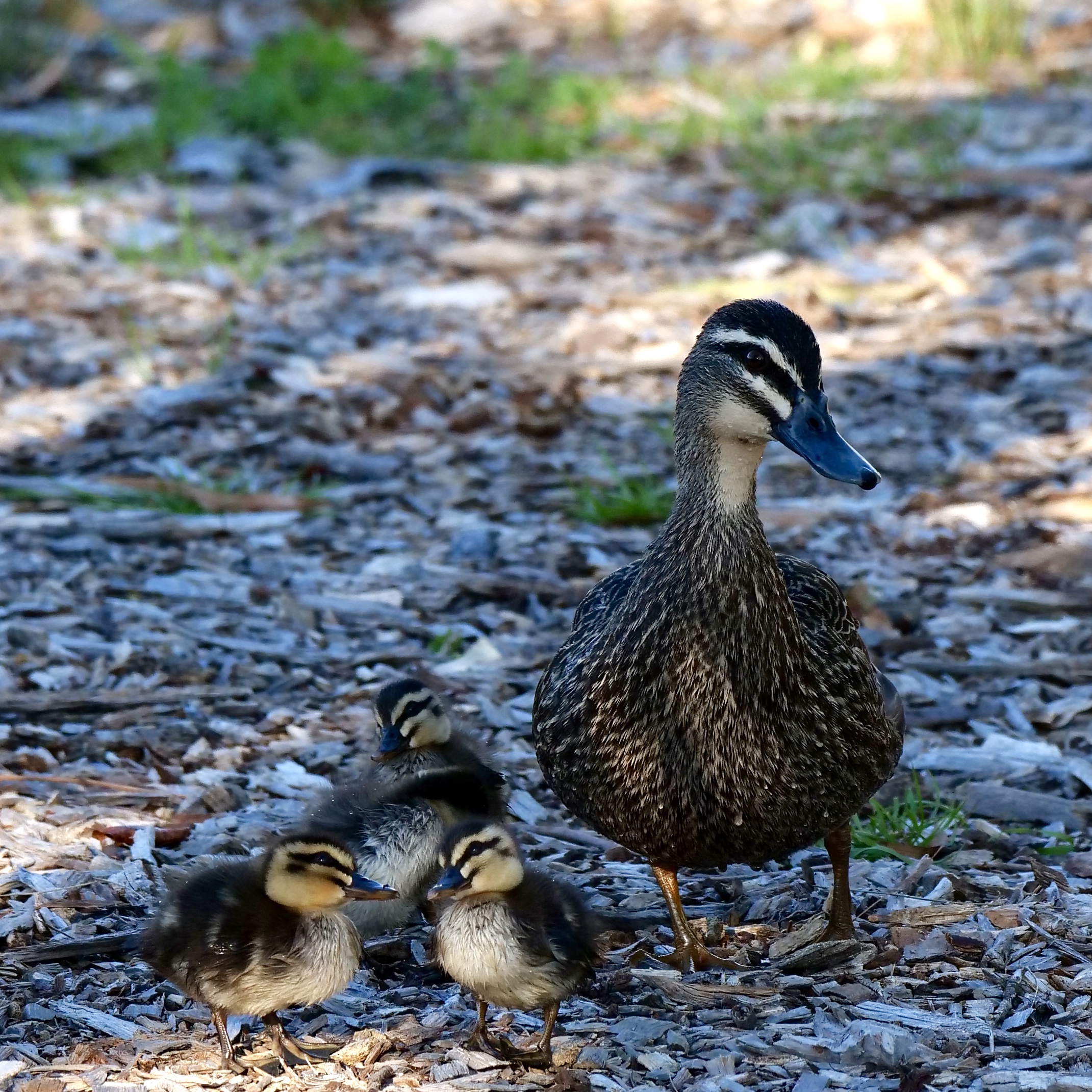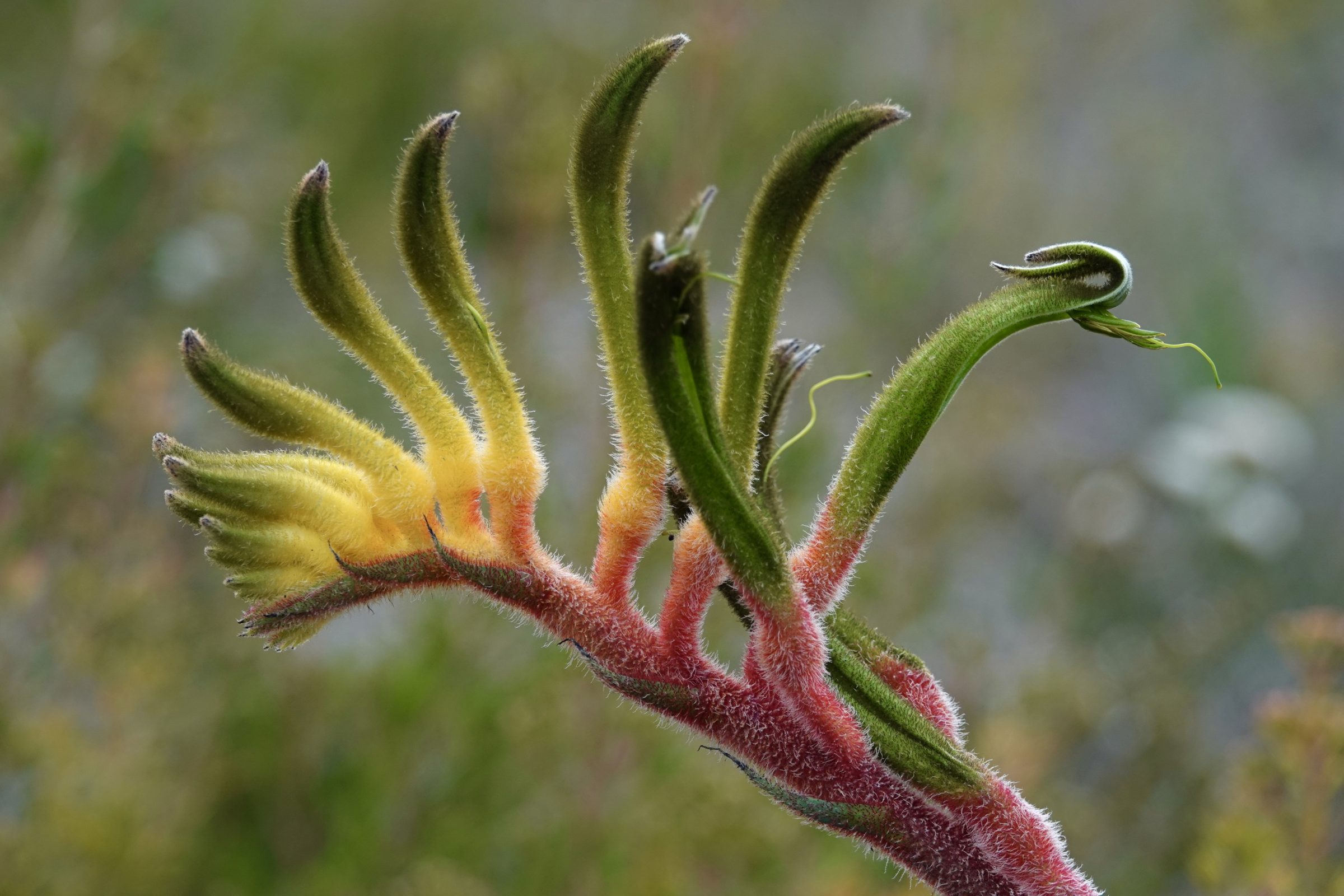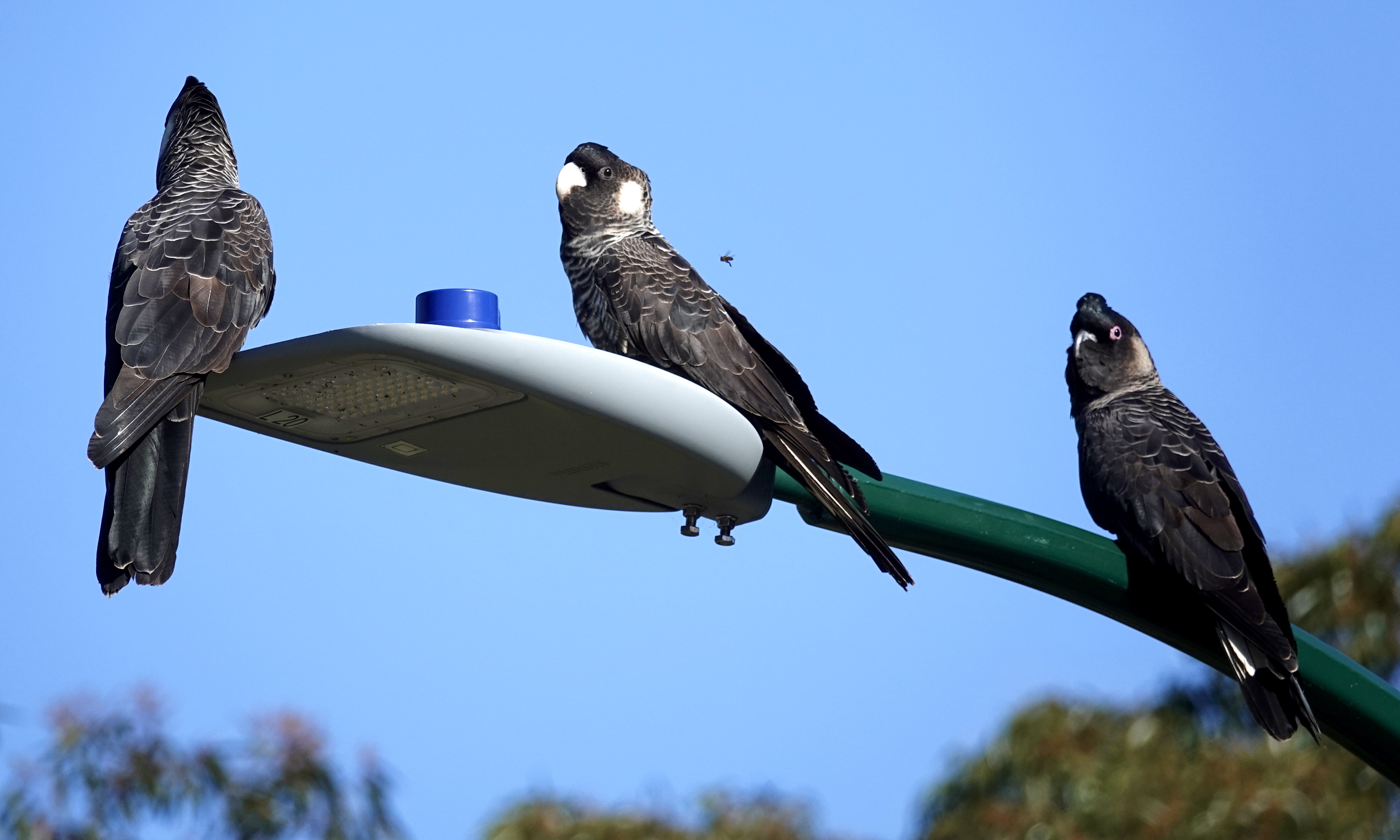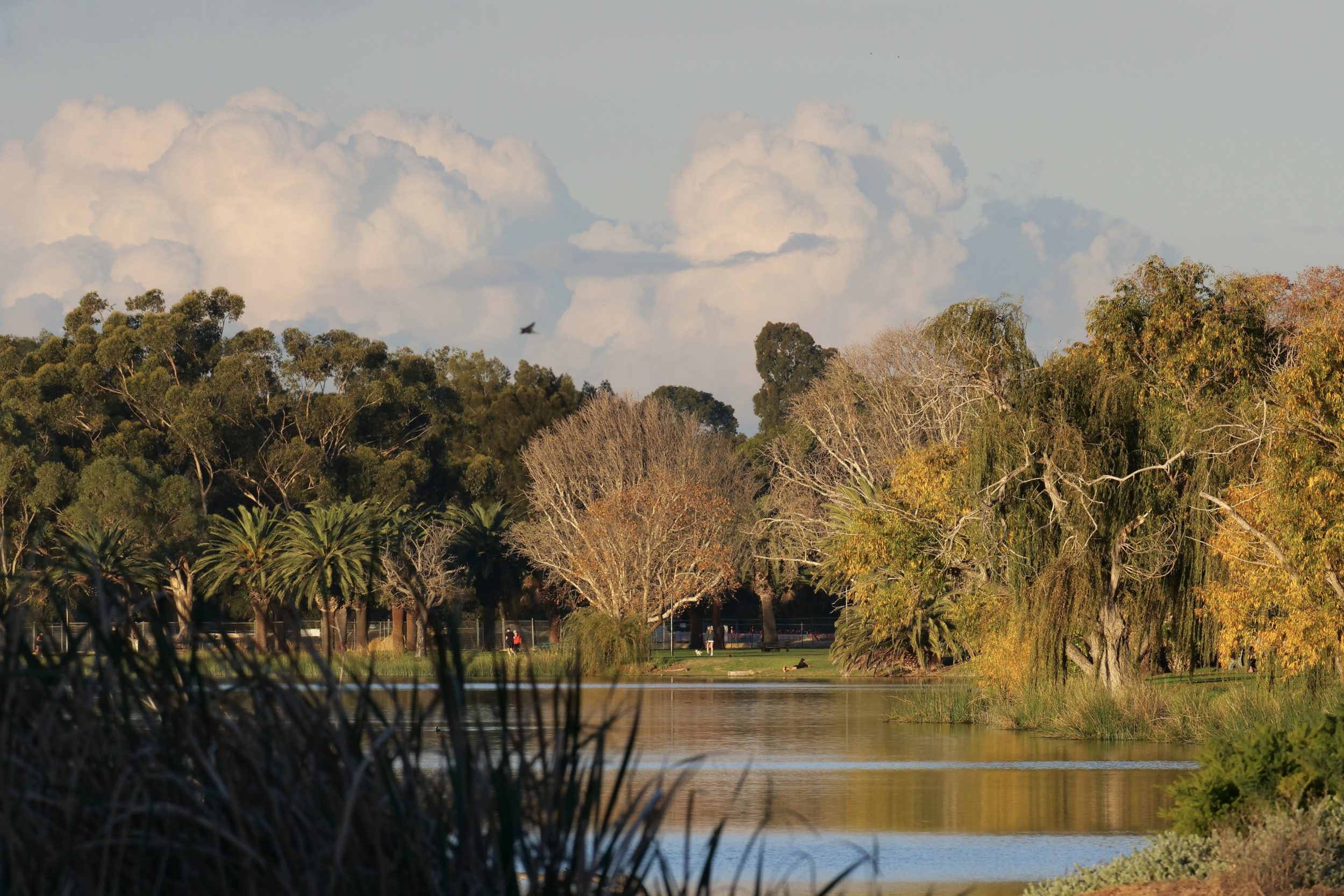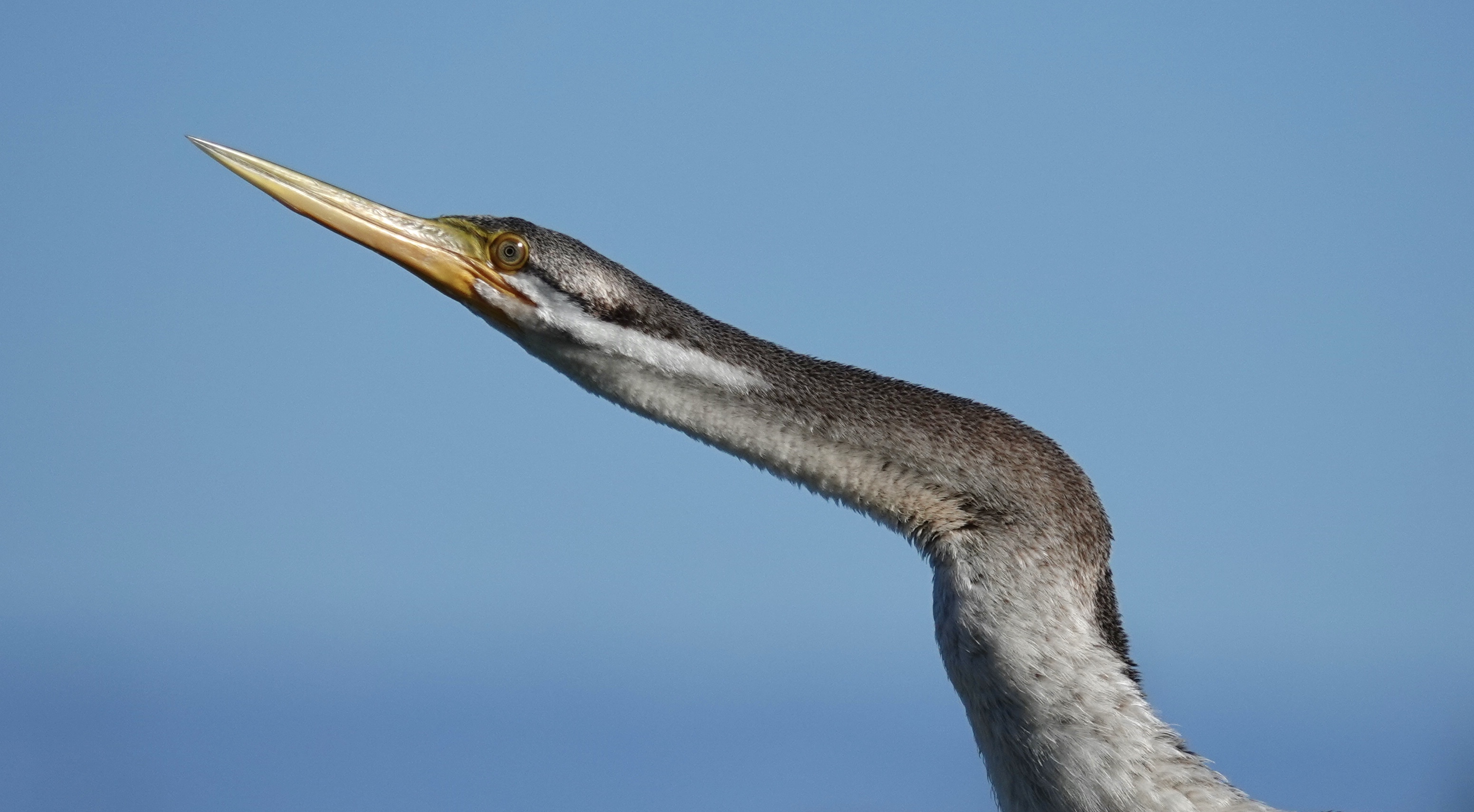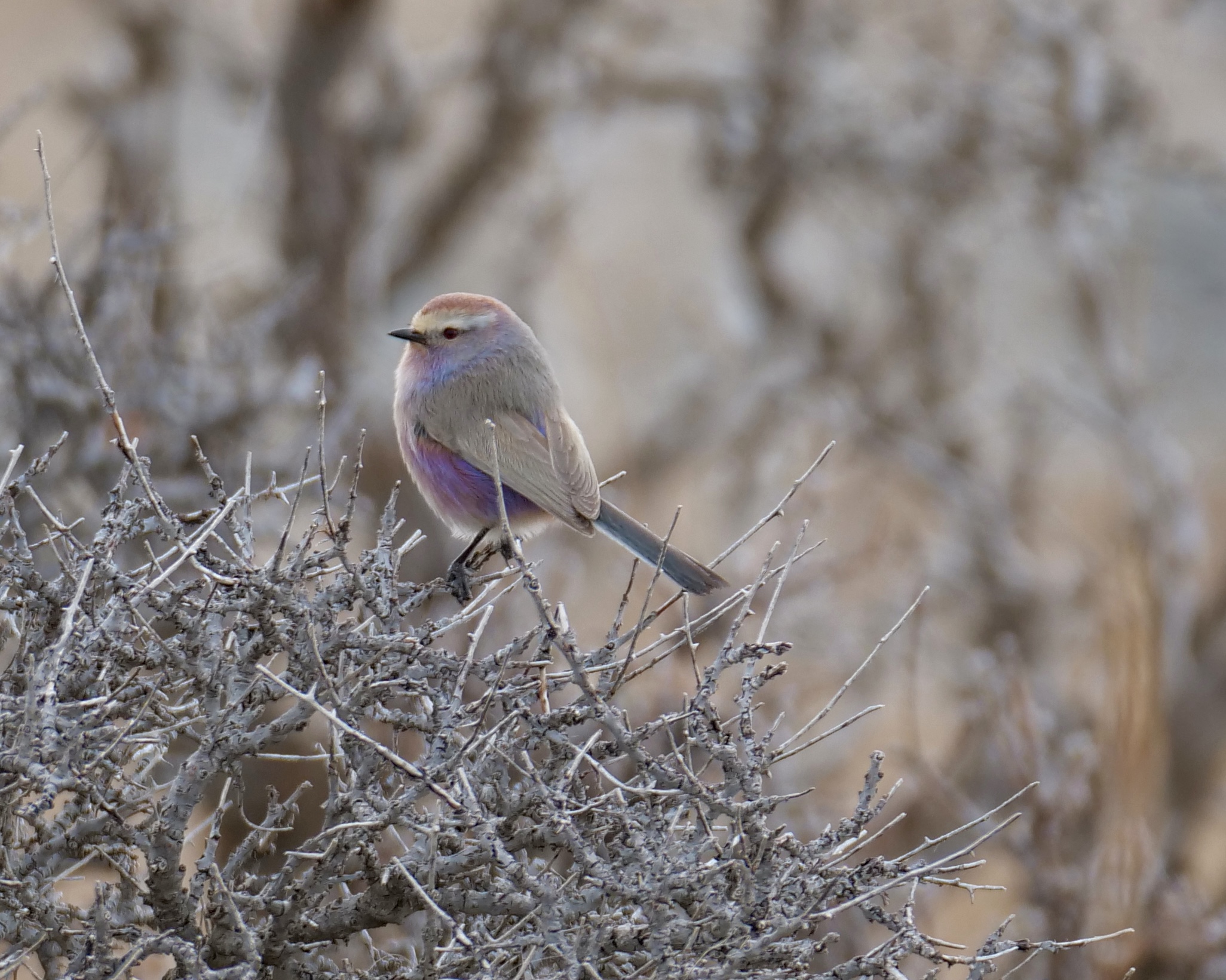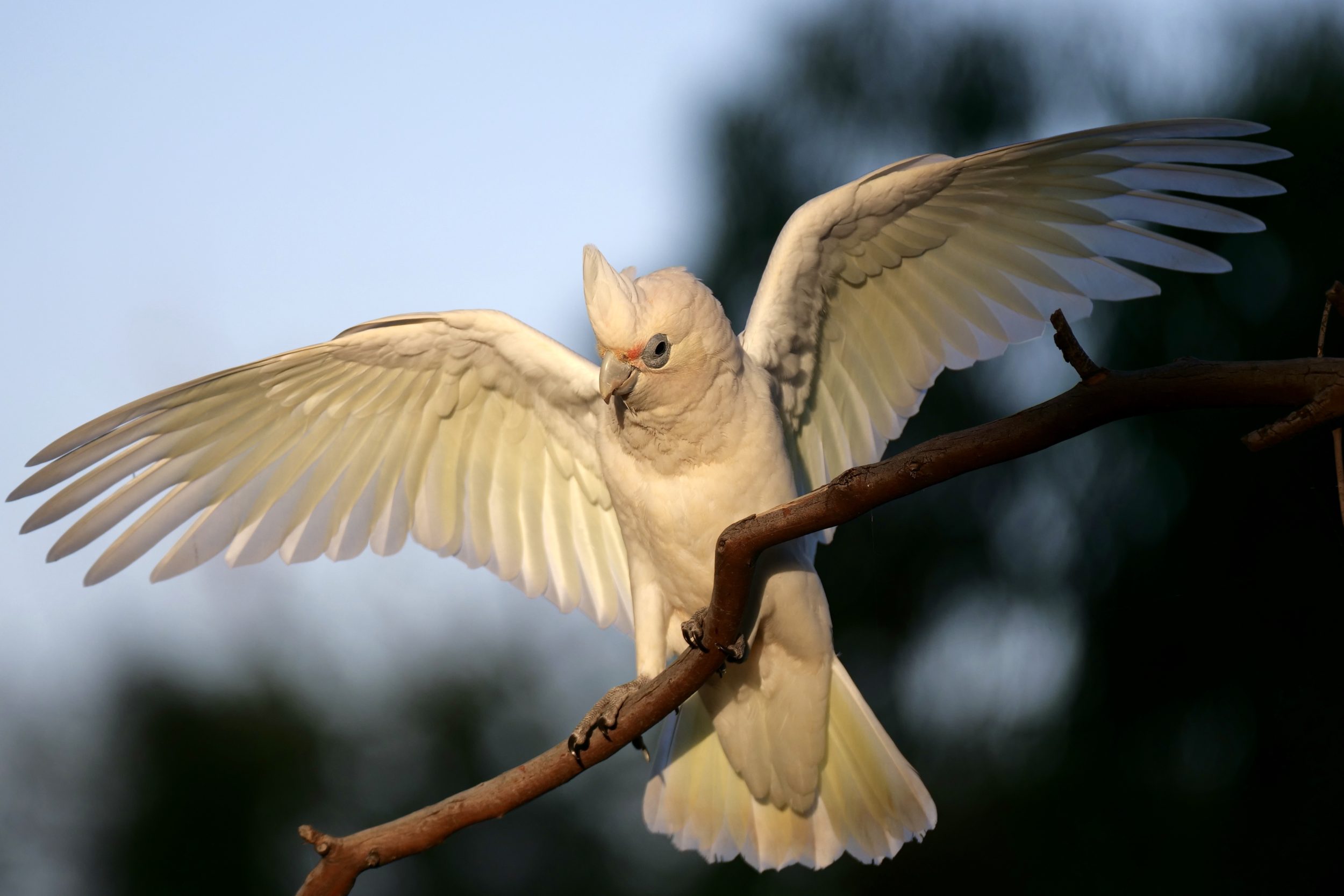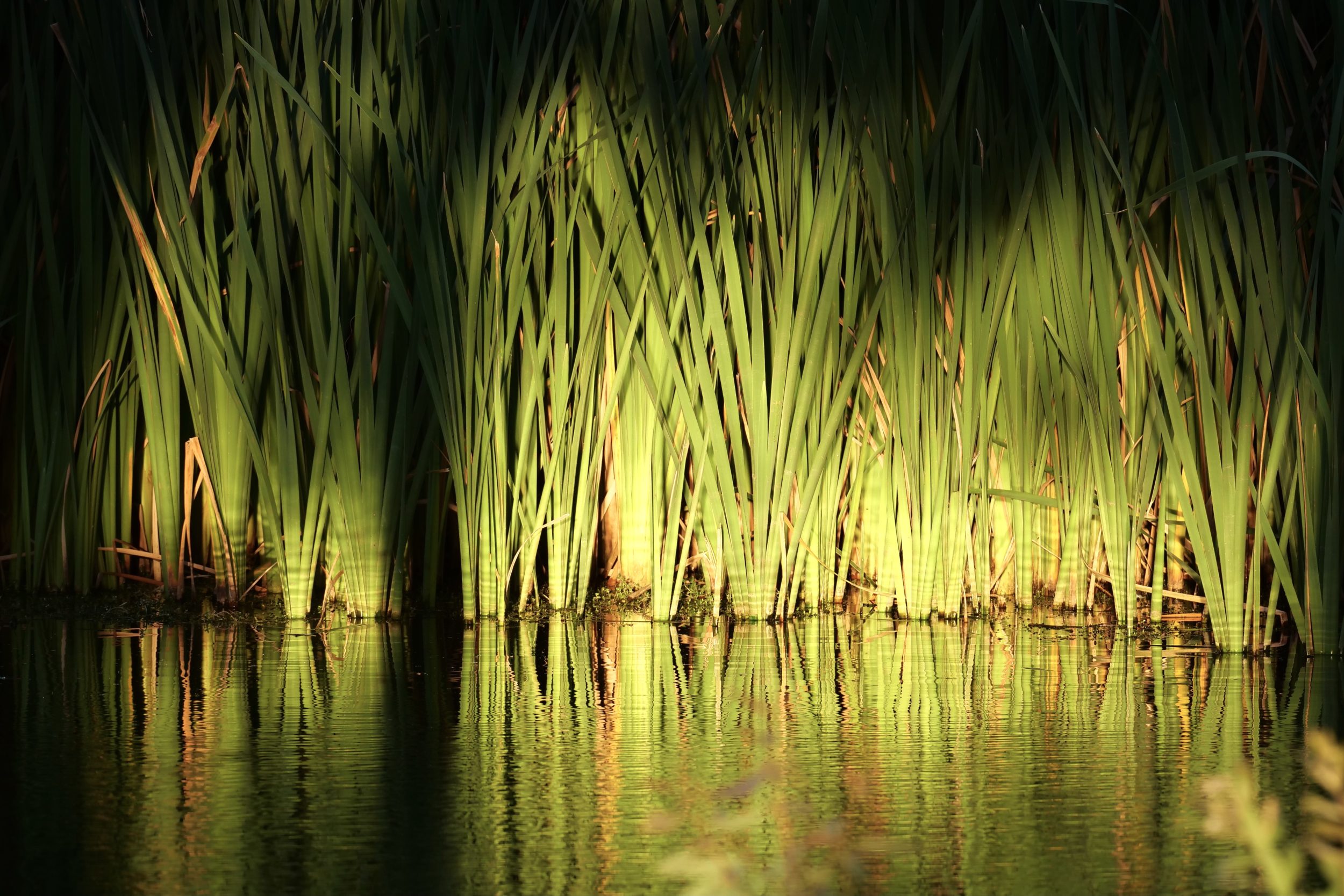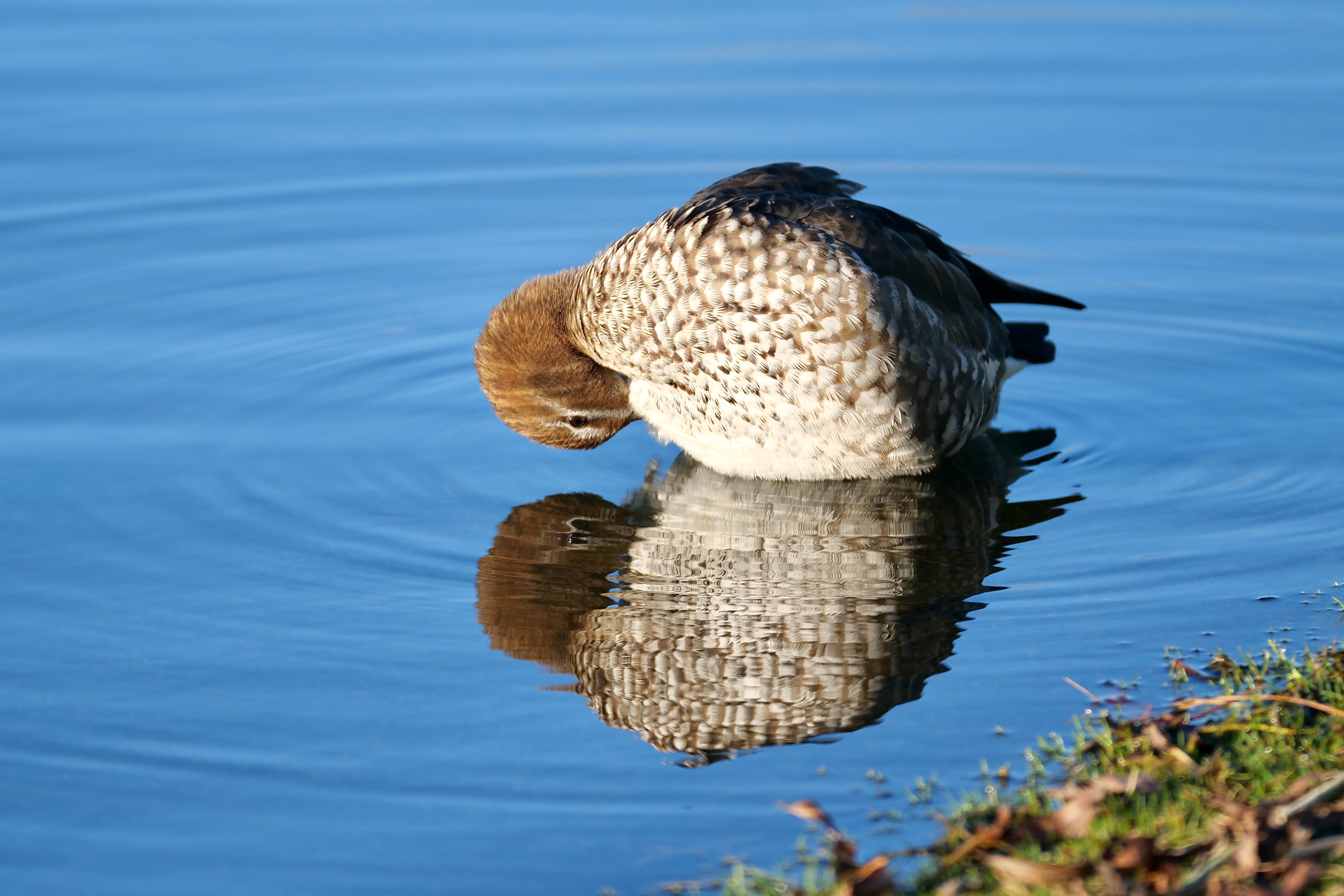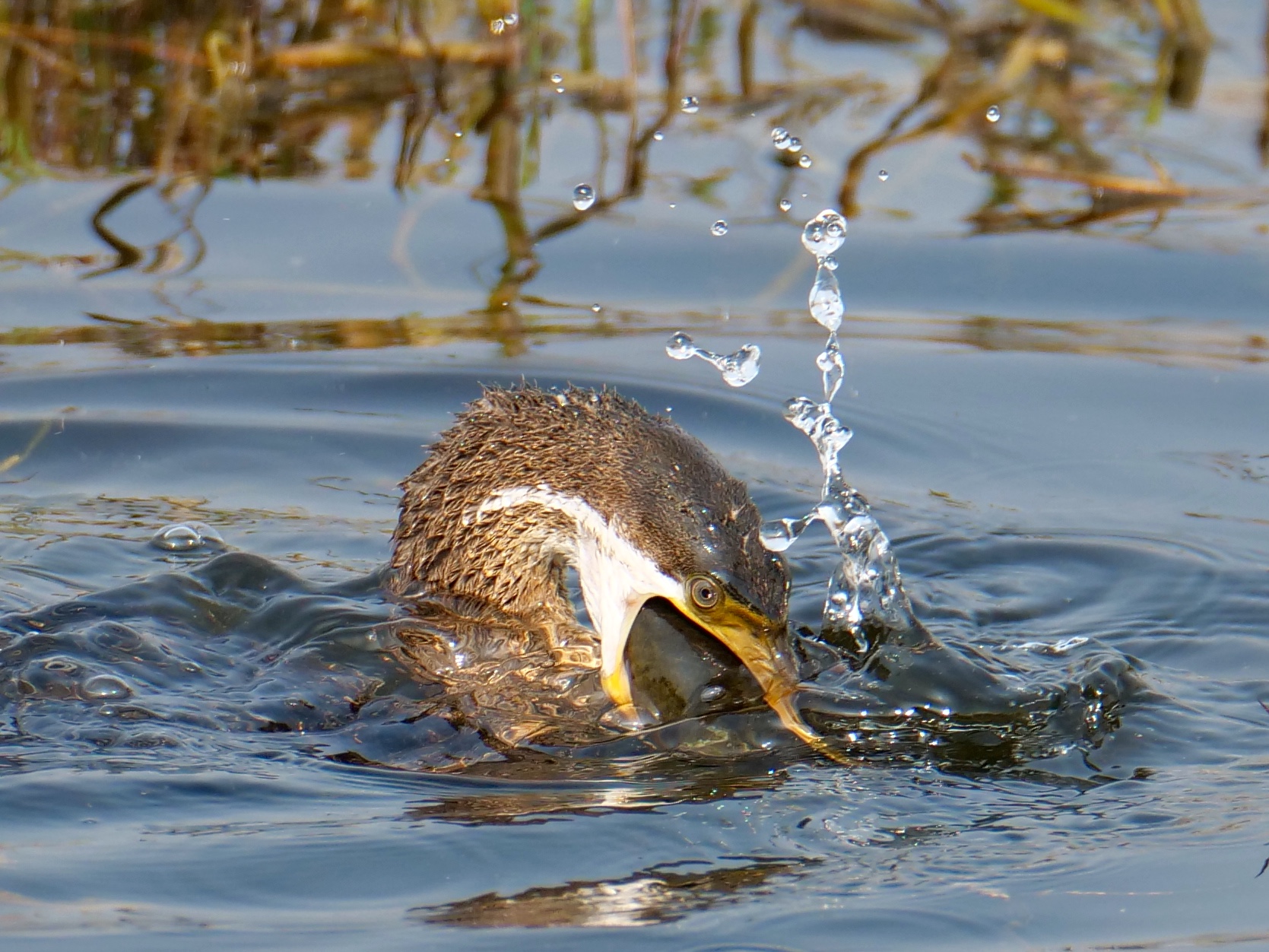How did Australia come to adopt such an unusual, infantile, and palpably unfair approach to inherited wealth?
How can Australian taxpayers/non-payers – and Australia’s remarkably craven/spineless governments – be persuaded to change it?
Peter Browne attempts to answer those questions in his essay, Syd Negus, the forgotten tax-slayer.
Comments closed